Getting the NDIS “back on track”
On 22 August 2024, Parliament passed the National Disability Insurance Scheme Amendment (Getting the NDIS Back on Track No 1) Bill 2024. The Bill received Royal Assent on 5 September 2024.
The changes to the National Disability Insurance Scheme Act 2013 (NDIS Act) commence on 3 October 2024. However, the implementation of most of them depends on the making of new NDIS Rules and/or Ministerial Determinations. These processes will entail public consultation and the agreement of the Commonwealth and the States and Territories (for most new rules). For now, the current planning process will continue.
The broad policy objective of the reforms is to “[restore] the scheme to its original intent” (Minister Shorten media release on 24 August 2024).
The fundamentals are not changing
The access criteria (disability and early intervention) will also remain the same. As the Minister was at pains to make clear in his Second Reading Speech on the Bill given on 27 March 2024 (bold added):
- “autism is still recognised as a disability—full stop” and
- “psychosocial disability is still recognised as a disability—full stop”.
The core principles guiding supports such as “choice and control” and “reasonable and necessary”, will remain the same.
So what is changing then?
In summary, the NDIA Act amendments:
- Clarify for participants the basis on which they met access for the scheme through early intervention or disability requirements.
- Define “NDIS supports”. This is in respect of the s34(1)(f) criteria. The transitional rules identify supports that are and are not appropriately funded by the NDIS for participants individually or as a group. They start from 3 October 2024 and will remain in place until the Commonwealth and States and Territories formally agree on a new rule to replace it.
The NDIA has also updated its operational guidelines to explain what is a NDIS support and what is NOT a NDIS support. Easy read versions are also available.
- Provide for “needs assessment reports”.
- Clarify the process for reassessment of participant status.
- Provide for participants to transition to a “new framework plan”.
- Provide for new framework plans that include a flexible budget and budget for stated supports.
- Provide for “old framework plans” to have a total funding amount.
- Update the circumstances in which the NDIA will manage plan funds.
- Require participant to spend plan funds only on NDIS supports and in accordance with their plan;
- Increase the powers of the NDIS Quality and Safeguards Commission to protect participants from illegal and unethical conduct by providers.
Still confused?
The Department of Social Services (DSS) website contains more information about the changes in a variety of formats.
There is a lot to take in with these changes, and I know many participants and/or their parents and siblings are confused and anxious about them.
I will be unpacking the changes further in future editions of my newsletter (which you can subscribe to here) and on the articles page of my website.
Please also get in touch if you would like advice about they might affect you or your child or sibling in the NDIS.





